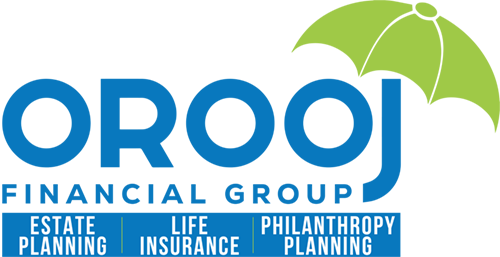When it comes to managing your finances, choosing the right financial advisor is crucial. Mississauga offers a variety of options, but how do you know who’s the best fit for you? In this guide, we’ll walk you through the steps to find the best financial advisor in Mississauga, ensuring your financial future is in capable hands.
Understand Your Needs
Before you start searching, take a moment to understand what you need from a financial advisor. Are you looking for help with retirement planning, investment management, or tax strategies? Different advisors specialize in different areas. Knowing your goals will help narrow down your choices.
Research Qualifications
Not all financial advisors are the same. It’s essential to check their qualifications. Look for certifications like Certified Financial Planner (CFP) or Chartered Financial Analyst (CFA). These designations indicate that the advisor has met rigorous standards. You can verify these credentials through professional organizations like the Financial Planning Standards Council or CFA Institute.
Consider Experience
Experience matters. Advisors who have been in the industry for several years have likely handled a variety of financial situations. Ask potential advisors how long they’ve been practicing and about their experience with clients who have similar financial goals to yours.
Look for Fiduciary Responsibility
A fiduciary advisor is legally obligated to act in your best interest. This is an important distinction. Fiduciary advisors are required to provide advice that’s best for you, rather than what might be more profitable for them. To ensure you’re working with a fiduciary, you can ask directly or check their status on the Financial Planning Association website.
Evaluate Their Approach
How an advisor works with clients can tell you a lot about whether they’re the right fit. Some advisors offer comprehensive financial planning, while others might focus solely on investments. It’s essential to find someone whose approach aligns with your needs. Ask about their process and how they tailor their advice to individual clients.
Check Reviews and Testimonials
Reviews and testimonials can provide insight into an advisor’s reputation. Look for reviews online, or ask the advisor for references from current or past clients. Sites like Better Business Bureau and Google Reviews are good places to start.
Meet Multiple Advisors
Don’t settle on the first advisor you meet. Schedule consultations with a few different advisors. This will give you a better sense of who you feel comfortable with and who you trust. During these meetings, ask about their fees, services, and how they will help you achieve your financial goals.
Consider Accessibility
Is the advisor easy to reach? Will they be available when you need them? Accessibility is important. You want an advisor who will be there to answer your questions and guide you through financial decisions. Make sure they have a communication style that works for you, whether that’s in-person meetings, phone calls, or video conferences.
Understand Their Fee Structure
Financial advisors have different fee structures. Some charge a flat fee, while others earn a commission based on the products they sell. It’s essential to understand how your advisor gets paid, as this can influence the advice they provide. Transparent advisors will clearly explain their fees upfront.
Trust Your Instincts
Finally, trust your instincts. The best financial advisor in Mississauga for you is someone you feel comfortable with. You should have confidence in their ability to manage your finances and guide you toward your goals.
Conclusion
Finding the best financial advisor in Mississauga doesn’t have to be overwhelming. By following these steps, you can make an informed decision and choose an advisor who will help you secure your financial future. Remember, this is a partnership, so take your time and choose wisely.
For more tips on financial planning, visit trusted sources like Investopedia or the Canadian Securities Administrators.




